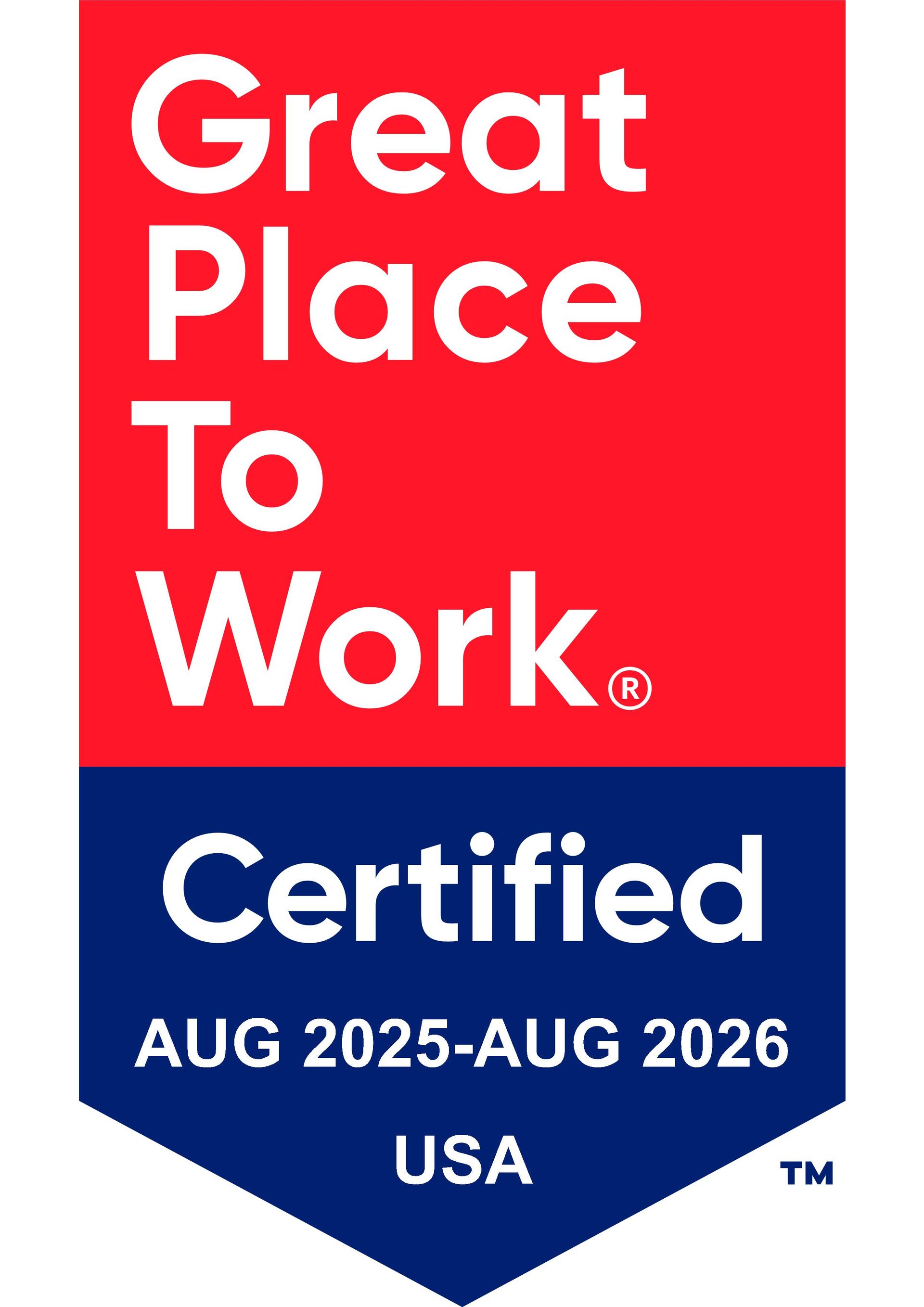
Describing How Total Job Benefits and Total Employee Compensation Differ
13 October 2023

Your company’s culture, mission, and impact are key factors in attracting and retaining top talent. However, a competitive compensation and benefits package is equally essential. According to a recent Gallup poll, "a significant increase in income or benefits" took the top spot for what employees wanted in their next job.
Highlighting the value of the benefits you provide to your employees helps them comprehend their worth to the company beyond their salary. Delineating the true significance of a comprehensive compensation package begins with distinguishing between total employee compensation and total job benefits. This distinction can be somewhat intricate, but the employee benefits experts at KBI Benefits are here to guide you. Let's delve into the specifics!
Describing how total job benefits and total employee compensation differ
Compensation encompasses all that employees receive in return for their efforts, constituting their income and directly translatable to cash. This includes their salary, hourly wages, incentives like bonuses, equity, and stock options.
Benefits, on the other hand, are non-wage compensation provided to employees, making up a vital part of their overall compensation package. These benefits include various categories such as paid leave, supplementary pay, retirement plans, insurance, and legally required benefits.
Understanding Total Job Benefits
Benefits cover a wide array of offerings essential for employees' overall wellbeing and satisfaction. These comprise paid time off, health, dental, and vision insurance, retirement plans like 401(k) and pension schemes, educational benefits, and more. Notably, benefits play a critical role in employee retention and satisfaction, with a significant percentage of employees staying with an employer due to favorable benefits.
Employee turnover can have substantial financial implications for a business. The cost associated with turnover includes hiring expenses, onboarding resources, and lost productivity during the learning curve, especially for specialized roles. Providing a comprehensive total benefits package can significantly reduce turnover rates and the associated costs by keeping well-trained employees on your team longer.
Leveraging Total Benefits for Recruitment and Retention
When recruiting new talent, effectively communicating the value of the total compensation package, including benefits, is crucial. Many potential candidates primarily focus on the base salary; hence, incorporating benefits information immediately after mentioning the base pay in job postings can effectively showcase the complete compensation package.
During the onboarding process, providing a comprehensive overview of the available benefits and opportunities for questions and discussions ensures that employees understand and appreciate the value of the benefits offered. This sets the stage for a motivated workforce, contributing to the company's success.
Employee benefit plan administration and more
KBI Benefits specializes in optimizing employee benefit plan administration for mid-size business benefit plans and benefits for small businesses. By partnering with KBI Benefits, you can potentially save up to 30-40% on your employee benefits expenditures while still offering sought-after employee benefits such as wellness programs, healthcare, and retirement plans for employees. Utilizing proprietary creative financing models and regular optimization reviews, KBI Benefits ensures you pay a competitive price for your employee benefits while fostering a motivated workforce. Speak with a KBI agent today to explore how your business can benefit from this strategic partnership.



